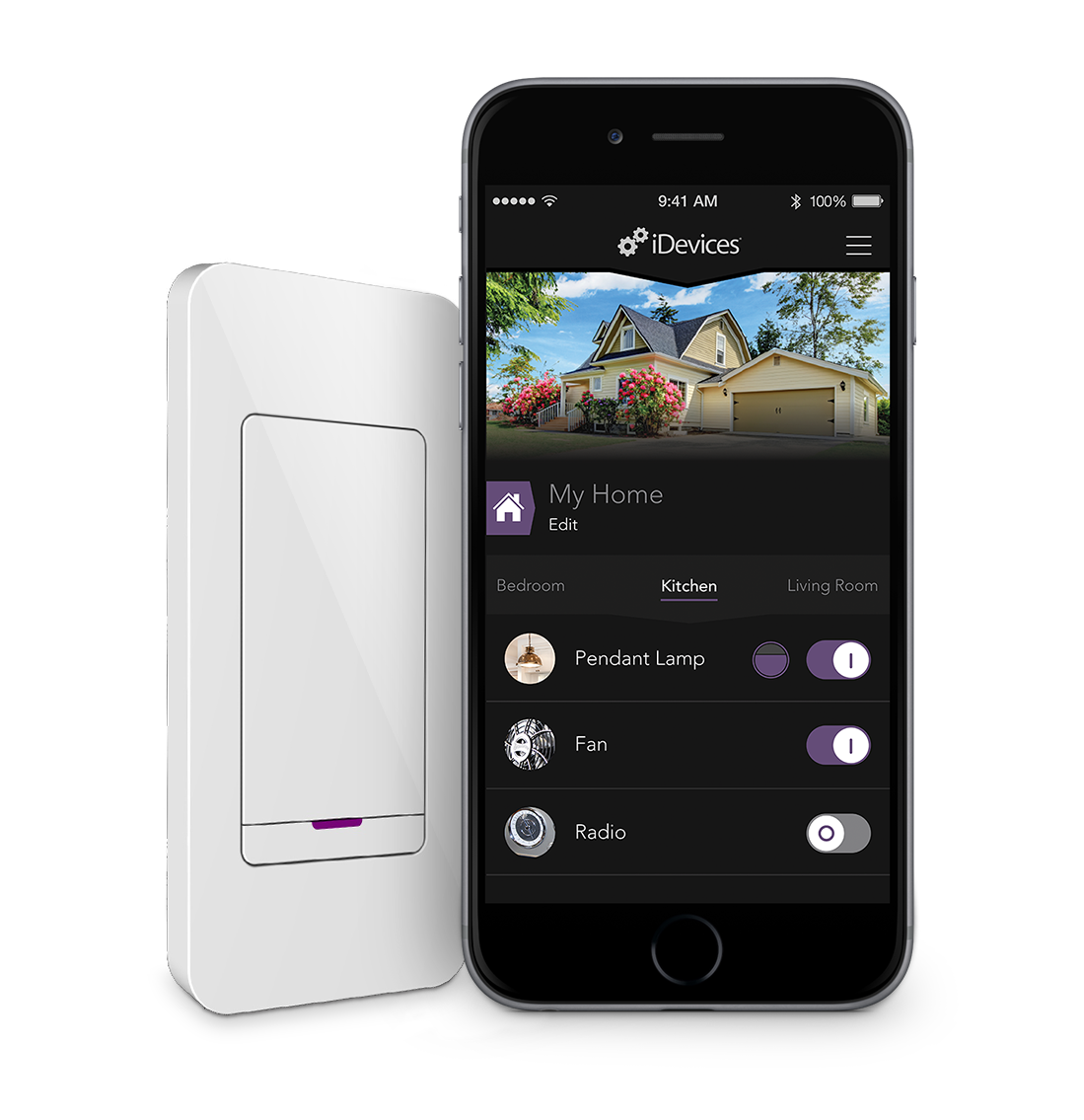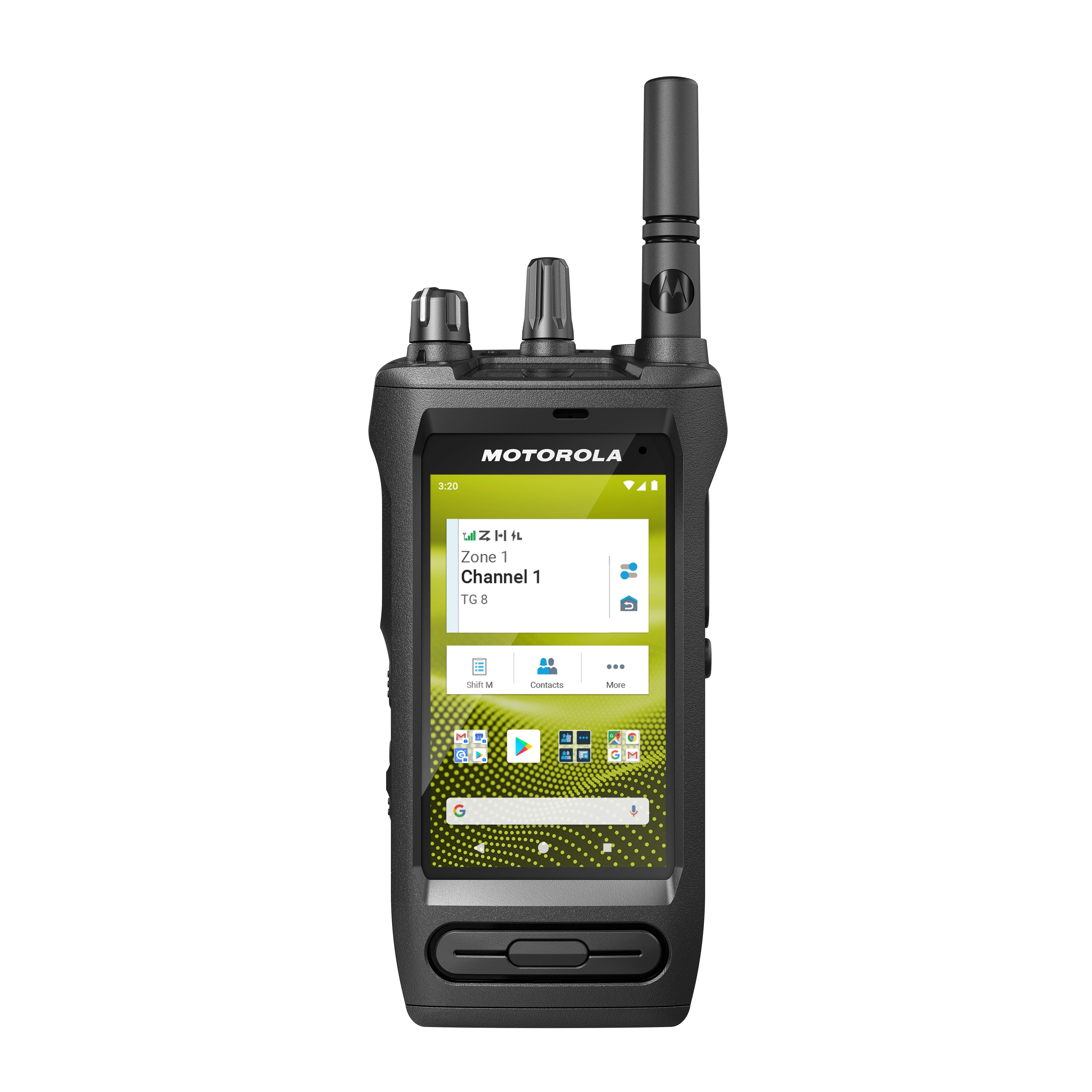5 Reasons Why You Should Not Buy A New Car
When the time comes for you to buy a car, you will always be torn between two options: Buying a brand new car or a slightly used car. This is the time you go deep into research, you consult your family and friends, and talk to every car sales agent you come across, just trying to figure out what you need. We are glad your research led you here because we will help you make an informed decision and put the raging new vs. used car debate to rest. Please read on to discover the 5 top reasons why you should not buy a new car.
1. A new car can be extremely expensive
Not unless you are Mr. Moneybags, buying a new car will definitely leave a significant dent in your financial life. Of course, most financial providers attach lower interest rates on new auto financing of new cars than on used cars, making the prospects of buying a new car more appealing. But don’t be deceived by this preliminary advantage as fortunes change in the long run.
For starters, a brand new car will demand a higher auto loan than a pre-owned car, cumulatively leading to more interest charges. Also, new cars will always attract higher sale prices, due to auto warranty higher insurance premiums, higher licensing fees, and more personal property taxes as compared to used cars. Buying a 3-year old used car instead of a new car of the same model, for example, will save you thousands of dollars.
2. The depreciation rate for new cars is heartbreakingly fast
Take two cars today- a brand new car and a pre-used car- and then monitor their depreciation in value over a period of 5 years. Unlike the comparisons from buying a new house and a used one, the comparison between cars is quite interesting and distinct. All things being equal, you are going to realize that the brand new car will be depreciating in value every passing year as compared to a pre-used car. And even if the two depreciate at the same rate, the new car will have lost more value because, after all, it has more value to lose.
This is what I mean: If you bought a new car today for $100,000 and then it depreciates by 10% within the first year, the total value lost will be $10,000. If a $60K pre-used car depreciated at the same rate of 10%, it will have lost $6,000 at the end of one year. Considering that Carfax estimates that new cars depreciate at a rate of up to 60% over a 5-year period, the thought of selling your car later in life can be scary, to say the least.
3. Pre-used cars give you a better value for your money
Let’s say you buy a 2019 Nissan Versa Note today at $17,000. By the end of the year, the car will probably have depreciated in value to about $14,000. But that is not to mean that it will be in a pathetic condition. In fact, most, if not all, of its defining features will still be intact. The rims, the sound system, the seats… everything will still be new, except that their value will be lower. Maybe even the car’s mileage will be less than 1000.
Now imagine a case where instead of you buying the brand new car today, someone else did, and then you buy the same car from him a year from now. You will have an old car with “new” features at a significantly lower price. Your money can never get any better value than this.
In some other cases, you might get the chance to reap the benefits of an old car that had just been renovated when you bought it. Be it enjoying the car’s updated air conditioning system or its recent auto window tinting. All of this, at a lower price.
4. Old cars open up more buying options
Maybe you have a dream of owning a luxurious car one day, say a Mercedes-Benz C-class. That would cost you $50K, maybe more. If your budget is half the car’s market price, then your options will be limited and your dream unattainable. You will have to settle for a lesser luxurious car. Or will you? Well, you don’t have to because you can get a 5 or even 4-year old Mercedes-Benz C-Class that’s within your current budget. See; your options just opened up!
5. A new car negatively affects your debt to income ratio
The debt to income ratio is a mathematical representation of your total amount paid towards debts on an annual basis against your annual gross income. If, for example, you make $10,000 a year and use $2,000 to pay your debts (student loans, mortgage, auto loan, personal loans- you name it!), your debt to income ratio is 20%. If your annual debt payments increase to $5,000, the ratio jumps to 50%.
Now, this is where the rubber meets the road: Having a debt to income ratio of 43% or more means that your financial position is highly compromised. As a matter of fact, it significantly reduces your chances of getting any more loans. So, if you need a mortgage later in life, avoid getting in too much unnecessary debt just so you can drive the newest model of your favorite car. Take a smaller auto loan, buy an older model, and consequently leave your debt to income ratio unscathed.
Bottom line:
There are many strong reasons why you should not buy a new car, but all of them point to a key financial implication. Be advised: A brand new car isn’t the wisest investment option, short term or long term.
Additional questions to ask; Should you at all, buy a car?
Given the climate crisis, at a time where public transport is prevalently accessible, and cars are the biggest contributors to the abundance of the Greenhouse Gasses in the atmosphere, a valid question to ask is whether you should be, at all, be buying a car. Therefore, if you have the means to get around by walking, or use public transport, maybe you should start considering eco-friendly alternatives of transportation that will keep your Carbon Footprint to a bare minimum. To ensure this, you can look into using a bike as your main mode of transportation. If you want to spice it up a little bit, you can dress your bike with the latest technology, such as with an electric bike kit, which will make sure that you travel sustainably, but also in style.





